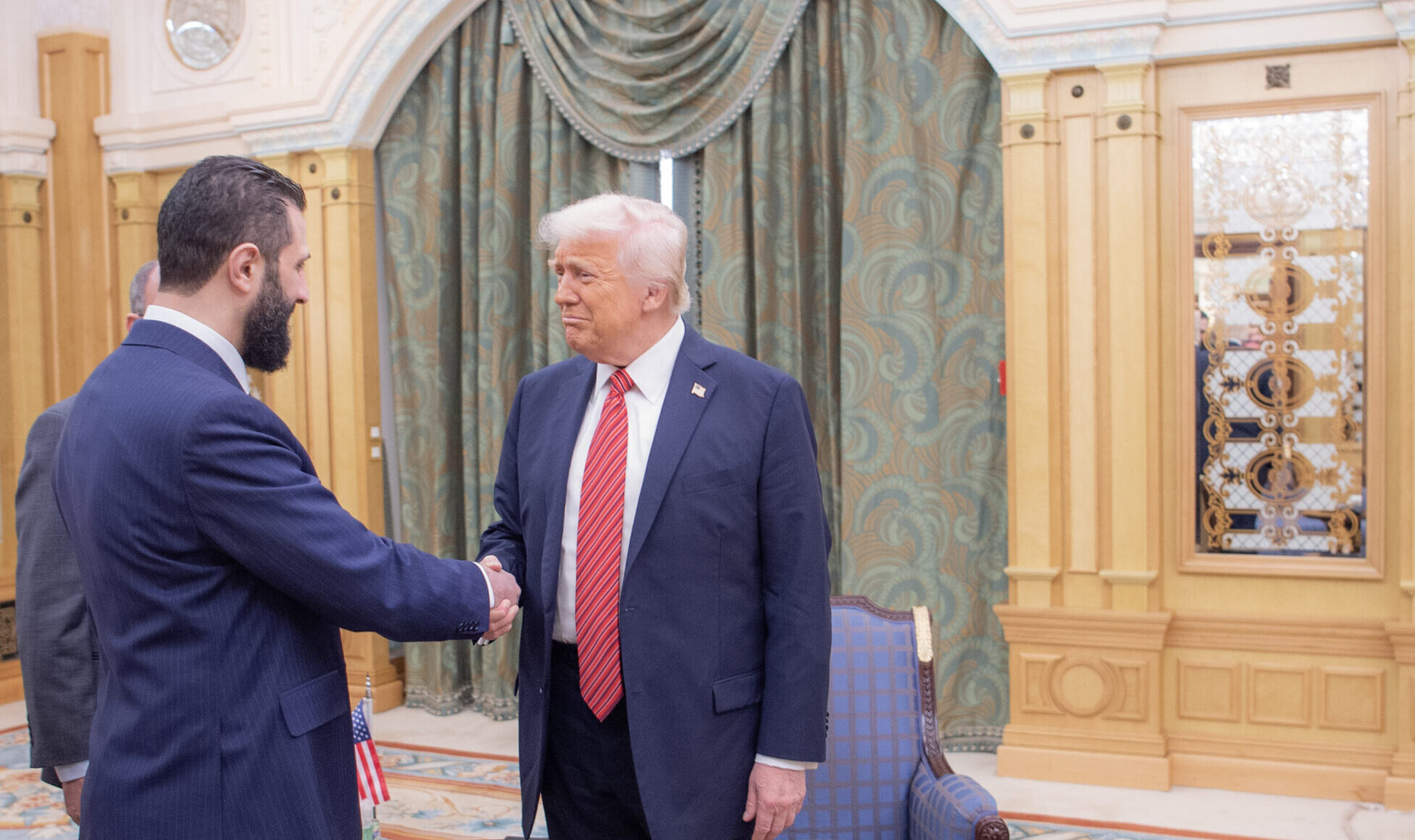What Happens When Kim Stands Trump Up at the Altar?
Over the next several weeks, Korea watchers the world over will get the answer to the question they have been asking for at least two years. Can President Donald Trump and North Korean leader Kim Jong-un ink an agreement that not only begins the process of the north’s denuclearization but transforms American-North Korean relations into something non-confrontational?
My prediction: not likely.
And that breaks my heart. But being a realist, I must go where the facts take me.
Let me back up a moment. Looking at the facts as well as the current geopolitical landscape in East Asia, it should be no shock that North Korea does not, at least for the moment, want to hold substantive working-level talks. Pyongyang instead wants to use as an excuse what amounts to computer simulations—those U.S.-South Korean military drills that have the Kim regime enraged (even though they aren’t actually fielding any troops)—to test advanced missiles. This has created the current diplomatic impasse we presently find ourselves in.
Many experts, myself included until quite recently, thought this pause in talks would be just temporary. In a recent letter to President Trump, Chairman Kim apparently explained that missile tests would end as soon as the U.S.-South Korean drills concluded, and that talks would begin soon after.
And while I hope this is true, we have valid reason to be skeptical that Kim will follow through. First and foremost, Kim has proven himself to be a shrewd geopolitical player, who clearly not only wants to ensure his regime’s but also his own personal survival for decades to come. He is surely thinking about what combination of military capabilities, economic changes, and international agreements and alliances will help achieve such a goal.
You don’t need to be a rocket scientist—sorry, no pun intended—to figure out what questions Kim is likely asking himself and his advisers:
- Does denuclearization really enhance my chances of survival? Even if it’s done over a decade or more?
- Would just maintaining the status quo work, where U.S.-North Korean relations are frozen as they are, with Kim not testing nukes or ICBMs, and with America granting no sanctions relief?
- Or does Pyongyang take its chances and go full 2017, showing the world it can truly hit the U.S. with atomic fire by testing a long-range missile that can drop a warhead on an American city?
Current events could end up deciding which questions Kim asks and how which answers he lands on. And in fact, it seems Kim is in no mood to talk. Surely the portly pariah of Pyongyang will factor in the U.S.-China trade war—and how he can take advantage. Kim knows all too well that over 90 percent of North Korea’s exports flow through China, and that if Beijing wanted to, it could end America’s so-called “maximum pressure” sanctions strategy in a few days if it wanted. Kim might consider the current trade impasse an opportunity to push Chinese President Xi Jinping to lessen to the degree to which sanctions are enforced in order to stick it to America.
Considering how small the North Korean economy is—one-third the size of Ethiopia—even a few hundred million dollars in illegal exports could make the difference. Such factors could then cause Kim to pause any talks with America, knowing that China can provide him with just enough hard currency and economic uplift as to make giving up his nuclear weapons simply not worth it—at least while the trade war keeps going. Kim could then come back to the negotiating table from a position of strength—as in an even more powerful nuclear and missile program to trade with an even higher asking price.
Then there are events just over the horizon, like the 2020 U.S. presidential election. Here is where the ghosts of Hanoi will come back to haunt us. Because America and North Korea could not hammer out an agreement earlier in the year and talks have remained stagnant, Kim might make the strategic calculation that a deal with Trump now might be too risky, worried that a new Democratic president could torpedo the effort. Pyongyang might just conclude that it should ride out the 2020 election, and maybe continue testing missiles below the intermediate and intercontinental range in the meantime. As long as Kim does not rattle Washington enough for Team Trump to go full “fire and fury,” or at least increase sanctions dramatically, Kim might decide that waiting is his best course.
I hope I am wrong. But pessimism is all I feel when I look at the North Korea nuclear challenge through Kim’s eyes. Heck, if I was Kim, I know what I would do: stall for time. That’s the only play that makes sense now.
The question is, how will President Trump react when his best friend Kim stands him up at the diplomatic altar? Your guess is as good as mine.
Harry J. Kazianis serves as senior director of Korean Studies at the Center for the National Interest founded by President Richard M. Nixon. You can follow him on Twitter @Grecianformula.
